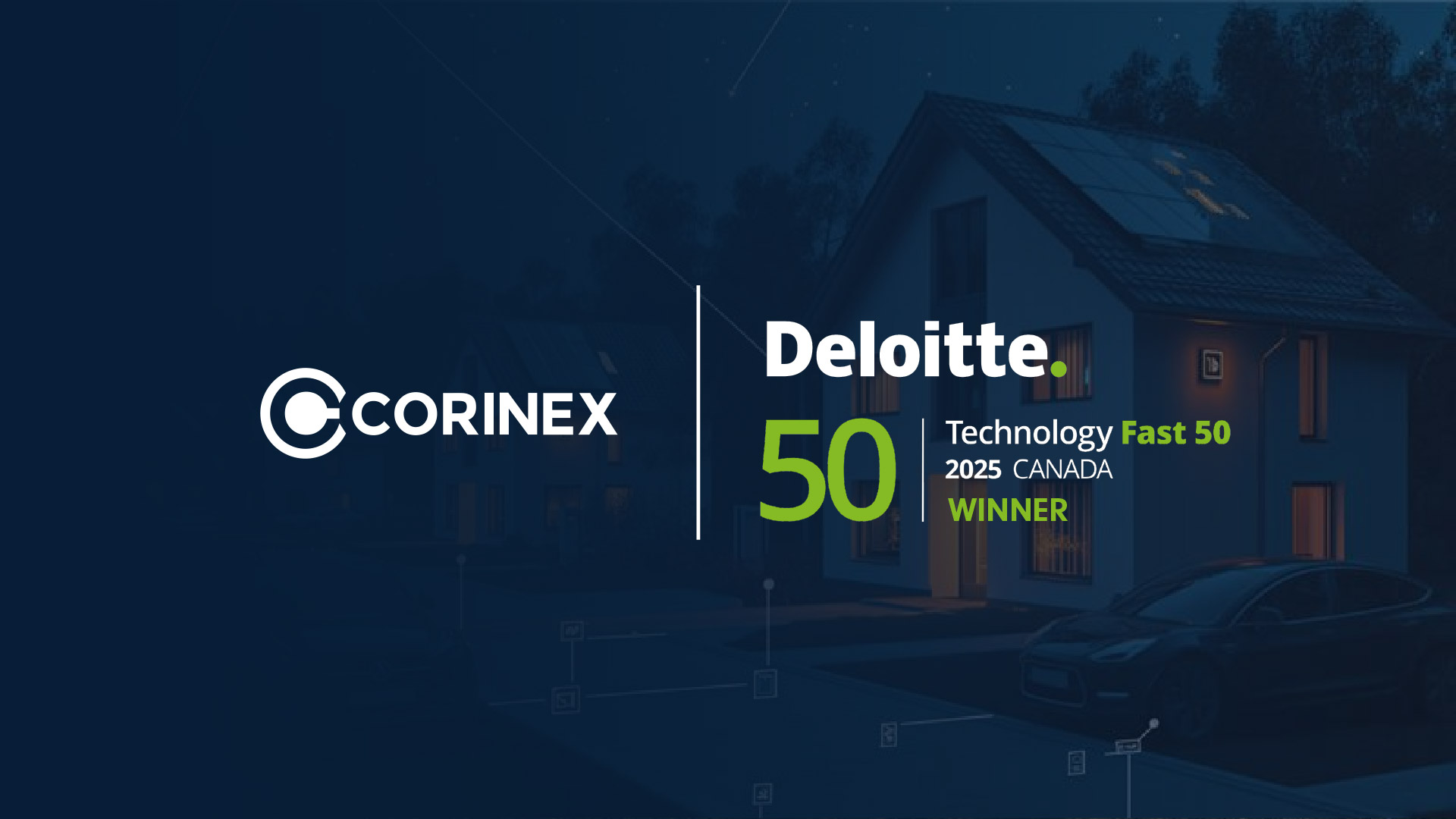KPMG examines the advantages of implementing smart grids

By utilizing advanced artificial intelligence (AI) and cloud technology, a smart grid enables the efficient exchange of energy and communication in both directions. This fosters energy efficiency by effectively balancing electricity demand and supply and integrating decentralized energy sources. The combination of these core benefits plays a crucial role in accelerating the decarbonization of the electric power sector. In the latest report released by KPMG, experts delve into how smart grid technology improves the operational and energy efficiency of the grid while facilitating the seamless integration of renewable energy, leading to a substantial decrease in emissions. It examines case studies from three countries: the United Kingdom, China, and the United States, which represent different energy market structures, namely liberalized, vertically integrated, and hybrid electricity markets. The report explores how these market structures impact the depth, scalability, and adaptability of smart technology across different aspects of the grid. Factors such as each country's electric power regulatory structure, national decarbonization goals, and historical emission trajectory are taken into account during this analysis.
Smart grids: paving the way for efficiency and renewable integration
The energy industry is currently undergoing a digital revolution driven by increasing electricity demand, technological advancements, and the need for enhanced grid security. Smart grids play a vital role in this transformation by integrating digital infrastructure, improving sensing capabilities, enhancing communication networks, and bolstering data management processes and security functions. The ultimate objective is to establish an efficient, eco-friendly, resilient, affordable, and reliable grid system capable of seamlessly integrating renewable energy sources.


Smart grids: paving the way for efficiency and renewable integration
The energy industry is currently undergoing a digital revolution driven by increasing electricity demand, technological advancements, and the need for enhanced grid security. Smart grids play a vital role in this transformation by integrating digital infrastructure, improving sensing capabilities, enhancing communication networks, and bolstering data management processes and security functions. The ultimate objective is to establish an efficient, eco-friendly, resilient, affordable, and reliable grid system capable of seamlessly integrating renewable energy sources.

Leveraging AI and data for demand response and energy savings
As the global population continues to grow, the demand for electricity surges, posing challenges to jurisdictions' climate change objectives. While transitioning to cleaner energy sources is crucial, energy efficiency plays a significant role in mitigating emissions within the power sector. Robust policies promoting energy efficiency in grids can lead to remarkable savings of up to 15% in overall electricity generation, according to the International Energy Agency (IEA). The advent of smart grids is revolutionizing operational efficiency by introducing unparalleled precision in managing demand on the consumer side.
Revolutionizing energy autonomy: smart meters, photovoltaics, V2G, and microgrids
As people gain greater access to more information on energy use and sources, it allows them to conserve energy and actively enhance overall energy efficiency. Moreover, consumers now can become "prosumers" by engaging in electricity supply, opening doors to potential additional income streams. This flexibility holds particular significance for industrial consumers facing mounting emission costs and taxes, driving them to explore innovative approaches to curbing their carbon footprint. Embracing the progressive integration of renewable energy technologies such as photovoltaic systems (PVs), battery energy storage systems (BESS), and microgrid technology paves the way for tangible reductions in the carbon intensity of industrial operations.


Revolutionizing energy autonomy: smart meters, photovoltaics, V2G, and microgrids
As people gain greater access to more information on energy use and sources, it allows them to conserve energy and actively enhance overall energy efficiency. Moreover, consumers now can become "prosumers" by engaging in electricity supply, opening doors to potential additional income streams. This flexibility holds particular significance for industrial consumers facing mounting emission costs and taxes, driving them to explore innovative approaches to curbing their carbon footprint. Embracing the progressive integration of renewable energy technologies such as photovoltaic systems (PVs), battery energy storage systems (BESS), and microgrid technology paves the way for tangible reductions in the carbon intensity of industrial operations.

Reshaping smart grid technology: IoT and blockchain integration
The convergence of IoT and blockchain is revolutionizing the landscape of smart grid technology. As this rapidly evolving technology reaches maturity, diverse stakeholders including public entities, consumers, and third-party will acquire enhanced capabilities to engage with the grid. The integration of IoT in domains such as Vehicle-to-Grid (V2G) and microgrids paves the way for peer-to-peer electricity trading. Moreover, digital advancements in remote lighting, heating, and cooling systems, not only in commercial spaces like malls and airports but also in residential environments, hold the potential to curtail emissions while generating invaluable consumption data crucial for DSM.
Broadband over power lines (BPL): addressing key technology focus areas for smart grids
To enhance the integration of distributed energy resources, especially renewables, Corinex's broadband over power lines (BPL) solutions enable utilities and energy providers to connect individual DERs and optimize their operations based on real-time grid conditions. This harmonizes the flow and expansion of renewable energy into the grid. Additionally, grid monitoring is essential for preventing disruptions. Corinex's vertically integrated smart grid technology enables real-time data flow, ensuring continuous electricity delivery along the system while minimizing downtime. With the digitalization of the grid generating vast amounts of data, utilities and energy providers require a comprehensive digital monitoring platform like Corinex GridValue Energy Management System to control and optimize energy distribution effectively.
About KPMG
KPMG is one of the world's leading professional services firms, providing a wide range of audit, tax, and advisory services. The company was founded in 1987 and operates in over 150 countries, with a strong presence in the United States, Europe, Asia Pacific, Africa, and the Middle East. KPMG's advisory services cover a wide range of areas, including management consulting, strategy, mergers and acquisitions, cybersecurity, digital transformation, and sustainability. The firm helps clients address their most critical business challenges, improve performance, and capitalize on emerging opportunities in the rapidly changing global marketplace.


About KPMG
KPMG is one of the world's leading professional services firms, providing a wide range of audit, tax, and advisory services. The company was founded in 1987 and operates in over 150 countries, with a strong presence in the United States, Europe, Asia Pacific, Africa, and the Middle East. KPMG's advisory services cover a wide range of areas, including management consulting, strategy, mergers and acquisitions, cybersecurity, digital transformation, and sustainability. The firm helps clients address their most critical business challenges, improve performance, and capitalize on emerging opportunities in the rapidly changing global marketplace.





